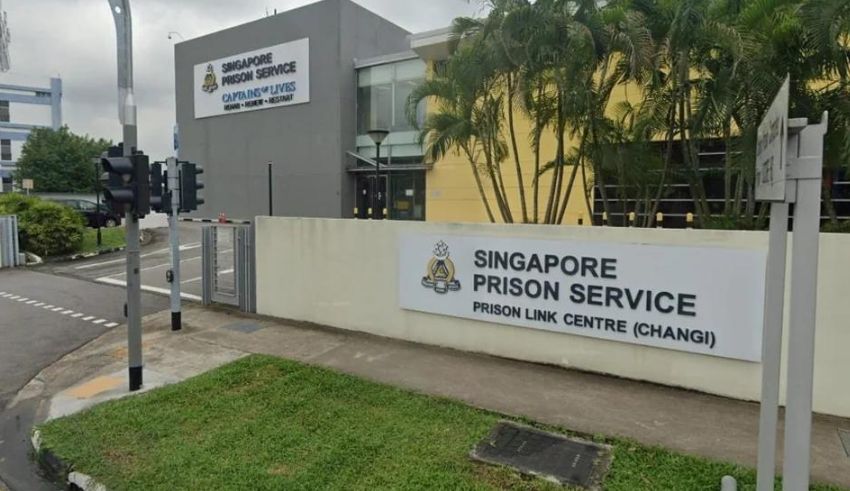
Friday saw Singapore carry its second execution of the year, hanging a 45-year-old Singaporean man at Changi jail. The man had been found guilty of trafficking 36.93 grams (1.3 ounces), more than twice the 15 grams that warrants for the death sentence in Singapore. Emphasizing the strict anti-narcotics laws the city-state follows, the Central Narcotics Bureau (CNB) confirmed the execution. This most recent performance underscores the desire of the country to maintain its rigorous stance on drug-related offenses in front of growing worldwide criticism.
Legal Documentation and Specifications
The family of the perpetrator asked for confidentiality during this difficult time, hence the identity and details of his case have been withheld. The prisoner was represented by legal counsel all through his trial and further legal procedures, according to the CNB, who also certified that he had received full due process under the law. Following his conviction and death sentence in February 2019, his appeals and desire for clemency were painstakingly investigated and finally denied, therefore enabling the execution. This procedural adherence catches the rigorous attempt of Singapore’s legal system to uphold justice while keeping tight drug control.
Context of Singapore’s Strict Laws
Among the toughest anti-narcotics laws in the world, Singapore’s ones are meant to deter drug trafficking and preserve public order. Reflecting the zero-tolerance policy of the government toward drugs, the law mandates the death sentence for trafficking more than 15 grams of pure heroin. Underlining Singapore’s constant implementation of death sentence, in February the nation murdered 35-year-old Bangladeshi man Ahmed Salim for the murder of his former fiancée. This strict legal system imposes severe penalties for a range of criminal offences; for example, trafficking more than 500 grammes of cannabis can also carry the death sentence. Singapore had temporarily ceased executions for two years during the outbreak; but, it has later reintroduced the practice, so attesting to its position on maintaining law and order by rigorous policies.
Locally Justification and Globally Opposing Views
Critics of the death sentence, several human rights organizations, and the United Nations—who argue that the death sentence lacks a clear deterrent impact and should be eliminated—have all attacked the execution generally. Critics underline the moral and ethical problems, stressing that the death sentence is an irreversible penalty able to produce probable miscarriages of justice. Notwithstanding this, Singaporean officials are emphatic about their belief that their rigorous laws and capital sentence policies help to maintain their low crime rates and public safety in their country. These laws, they argue, have helped Singapore to become among the safest countries in Asia and dissuade potential criminals by means of a fear of severe punishment.
A Constant Conversation
The case highlights the ongoing worldwide debate over the execution of death sentence. While Singapore’s government is certain that these actions are necessary to maintain public order and safety, critics of it demand their elimination noting moral and efficiency concerns. Human rights supporters keep challenging the moral implications of the death sentence and guiding countries toward more humanitarian systems of justice. In general, the world community is still divided; some nations accept the death sentence as a deterrent to significant crimes while others want it completely eradicated, therefore promoting rehabilitation over revenge.
Personal Price
Furthermore exposed by the execution is the human cost associated with the death penalty. The family of the convict, who wanted isolation at this period, has to now cope with the death of their loved one, a sobering reminder of the personal tragedies linked with the judicial system. The psychological and emotional repercussions on the relatives of the criminals as well as the victims draw attention to the larger repercussions of such severe sentences. This aspect gives the ongoing debate still another degree of complexity as governments and societies all over balance justice, deterrent, and human rights in their legal systems.
Anticipating Future
As long as Singapore’s strict anti-narcotics policies remain maintained, the world community will most likely keep a close eye on their repercussions. The execution reminds us of the more broad issues including the ethical quandaries, the effectiveness of the death penalty, and the likelihood of court modification. Future discussions and decisions on the most effective and compassionate approaches to justice and public safety as the globe considers death sentence will depend much on the experiences and policies of countries like Singapore.























